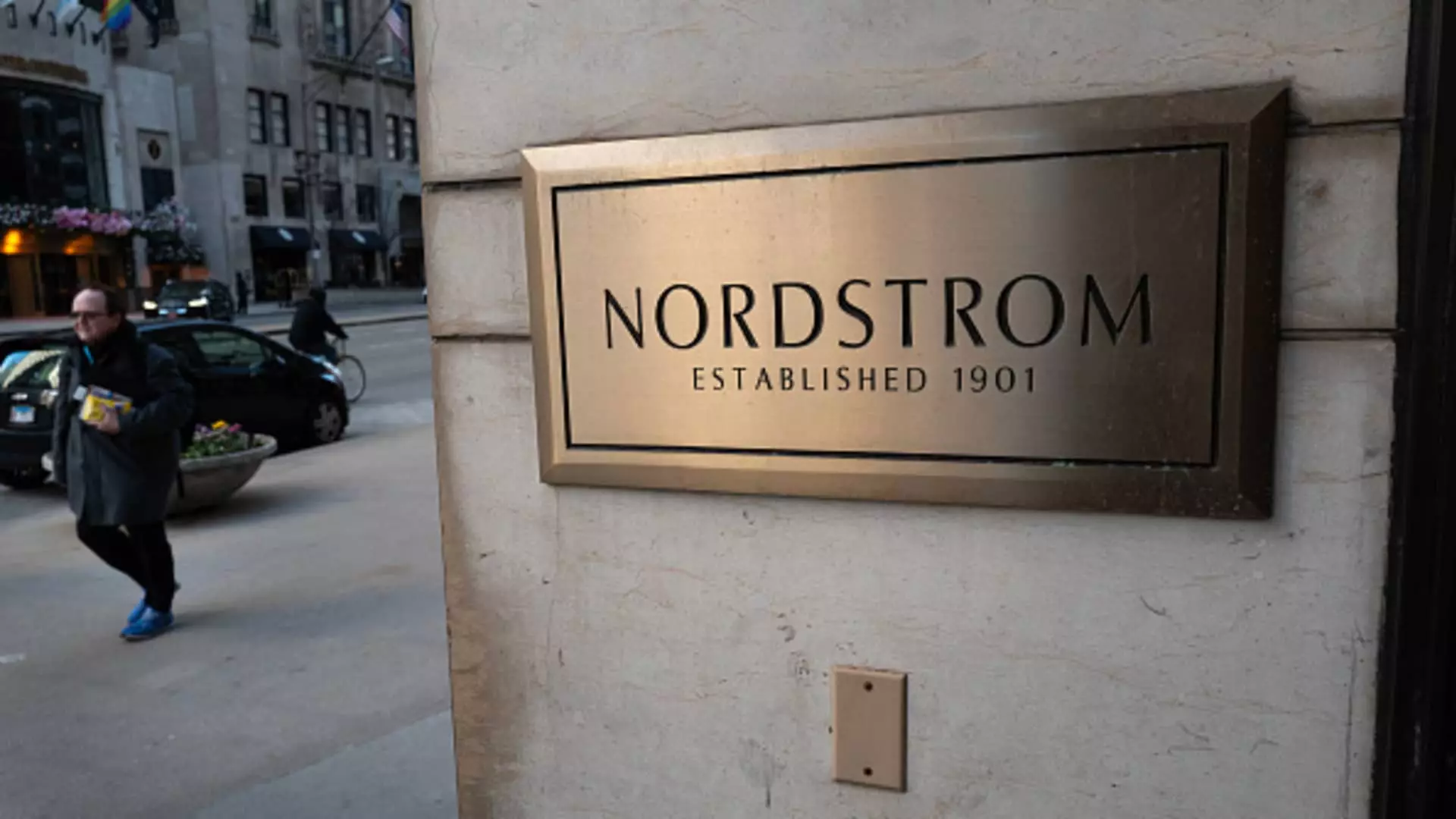In a noteworthy move, Nordstrom has announced its intention to transition into a private company following a buyout deal valued at approximately $6.25 billion. This acquisition, which sees the Nordstrom family reclaiming a significant stake alongside El Puerto de Liverpool, marks a pivotal moment in the company’s storied history. With the Nordstrom family securing a 50.1% majority and the Mexican department store brand holding a 49.9% stake, the implications for the company’s future resemble a blend of nostalgic tradition and modern retail challenges.
This shift denotes a considerable departure from a public market that has presented its fair share of economic hurdles, especially in recent years. The board’s unanimous approval reflects a collective belief within the company that private ownership could foster resilience and adaptability in a dynamic retail environment. Notably, this is not the first attempt by the Nordstrom family to take the company private; a prior effort fell short in 2018, highlighting the complexities and difficulties inherent in navigating public market operations.
Presently, common shareholders are set to receive $24.25 per share, a sum revealed in the company’s press release that indicates a premium to its current trading prices. Nonetheless, despite the optimistic projections from company executives, the immediate market response was lukewarm, with Nordstrom stock experiencing a slight decline of 1% in early trading. This muted reaction underscores the skepticism some investors harbor amidst broader economic concerns affecting consumer spending habits.
Interestingly, while Nordstrom managed to exceed Wall Street’s sales expectations earlier this year, achieving a revenue growth of about 4%, the business is acutely aware of external pressures. As major retailers confront an increasingly discerning customer base, the luxury segment has not remained insulated from the general trend of heightened price sensitivity among consumers. The message is clear: while Nordstrom has historically thrived on providing upscale goods, today’s landscape demands adaptability and an acute awareness of shifting consumer priorities.
As Nordstrom prepares for this new phase, its strategic partnership with El Puerto de Liverpool introduces additional dimensions to its operational model. The Mexican department store chain, which operates several retail formats and shopping centers, brings both regional expertise and a broader market perspective that could potentially benefit Nordstrom’s footprint in the competitive retail landscape.
CEO Erik Nordstrom aptly characterized this transition as an “exciting new chapter,” emphasizing a family commitment to ensuring the brand’s continuity and prosperity. This sentiment aligns with the ongoing narrative of dedicated customer focus, which has been a hallmark of Nordstrom’s operational philosophy since its inception as a shoe retailer more than a century ago.
As Nordstrom embarks on this journey toward private ownership, the convergence of legacy, family values, and market acumen will be crucial. The retailer must not only address immediate operational challenges but also embrace innovative strategies to redefine its identity in an ever-evolving marketplace. The coming years will undoubtedly reveal whether this bold shift can resoundingly revitalize the Nordstrom brand or become a cautionary tale of ambition without efficacy.

